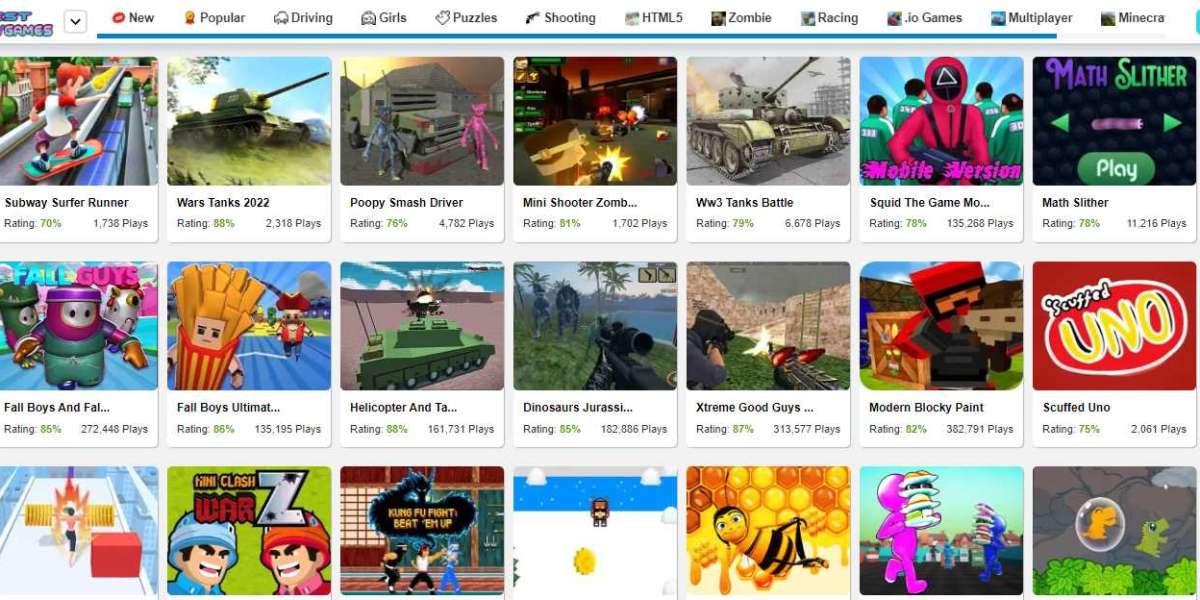Conducting a job search is a daunting task, even for seasoned professionals. There are many pieces to the puzzle, and each piece plays its own important role in the process. Knowing the pieces of the process is a crucial element for your success.
While there is no such thing as doing too much, there is a basic guide to follow. It consists of five painless steps that will outline your work ahead. Together, they form the foundation of a job hunt that will yield exceptional results.
1. Put together a great resume.
Before your job search ever begins, you need a resume. The resume is the first contact you will have with a prospective employer. It is an extension of your life and a summary of your accomplishments. It is how a manager will pick you out of hundreds…possibly thousands of applicants. It can mean the difference between exciting job interviews and a phone that never rings, between success and failure.
This is a complex task for two pages (maximum) of paper. That’s right, two little pages to talk about your education, job experience, accomplishments and awards, special skills, training, professional experience/affiliation, and so on. Basically, you need to sum up your life, and make it interesting, in two pages.
There are numerous websites that can help with writing a bullet proof resume. Some offer free information and examples for you to follow, and some will write the resume for you (for a fee of course). Careerbuilder.com is an excellent website for writing and posting your resume.
Professional resume writing, when done by a human resource expert, can give you a significant edge over the competition. You can expect to pay $100 or more for this service, and can be well worth the money. However, before hiring someone to write it for you be sure to check their credentials.
2. Determine the locations you may want to live.
Once you have your resume polished and shiny, its time to think about where you want to live. Determining a location can have a significant impact on your income earning potential. Some jobs are concentrated in certain areas and the pay can be dramatically more than where you live. For example, the vast majority of computer programming jobs in the U.S. are in Silicon Valley, California. Jobs there can pay up to five times more than other parts of the country.
Unfortunately, pay isn’t everything. To accurately assess your situation, other factors must come into play. Cost of living, for example, can be dramatically different from one city to another. A $50,000 a year income in Mobile, Alabama is equal to over $122,350 in Manhattan, New York, a 145% increase.
Other factors, such as quality of schools, real estate, environmental quality, quality of life, and proximity to friends and family should also be evaluated. These factors are more difficult to measure than cost of living. Not having your mom to watch the kids can cost you thousands of dollars a year and must be a part of your decision. Write down pros and cons for each factor and take a look at the entire picture.
3. Put Out the Word.
Once you have a resume and decide your desired location, its time to get hustling. The most important place to start, and the most often overlooked place, is your network. Your network is the group of family, friends, coworkers, and acquaintances that make up your life. They are the backbone of your search and a great source of information and leads.
The big advantage of your network is that it is compiled with people who already know you. Depending on your relationship, many people in your network will feel a vested interest in your success, and will go out of their way to help. If they come in contact with a potential employer, they can vouch for your character and work ethic on the spot and help you leap to the top of the prospect pool.
4. Look Online
With the advent of the internet, the first place many job seekers look for job listings is now online on the internet. There are more job search websites than you know what to do with and each one is telling you they are the best. The truth is they are.
Monster.com is another excellent job search website. They have great tips, will write your resume and cover letter for, and get you job hunting in minutes.
You can find more by going to Google.com and doing a search for “jobs”. The key to successfully using these websites is being systematic. Pick a time everyday when you can spend time working online (example: from 2pm to 6pm daily). Start a daily journal and write down what job search sites you visit and the job listings you apply to. This journal will keep you from back tracking and can save you hours of time.
5. Look Offline
Do not overlook the tried and true ways of finding a job. Get the daily newspaper and other classified periodicals to look for listings. Also, get a copy of the Sunday edition from the papers in the locations you are interested in living. Be mindful of signs and conversations everywhere you go, and let new contacts know you are on the hunt.








